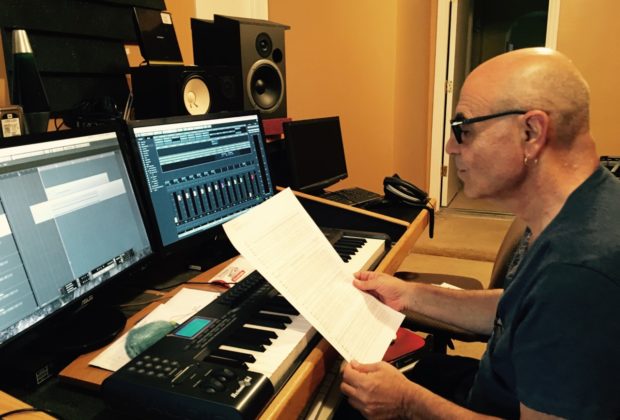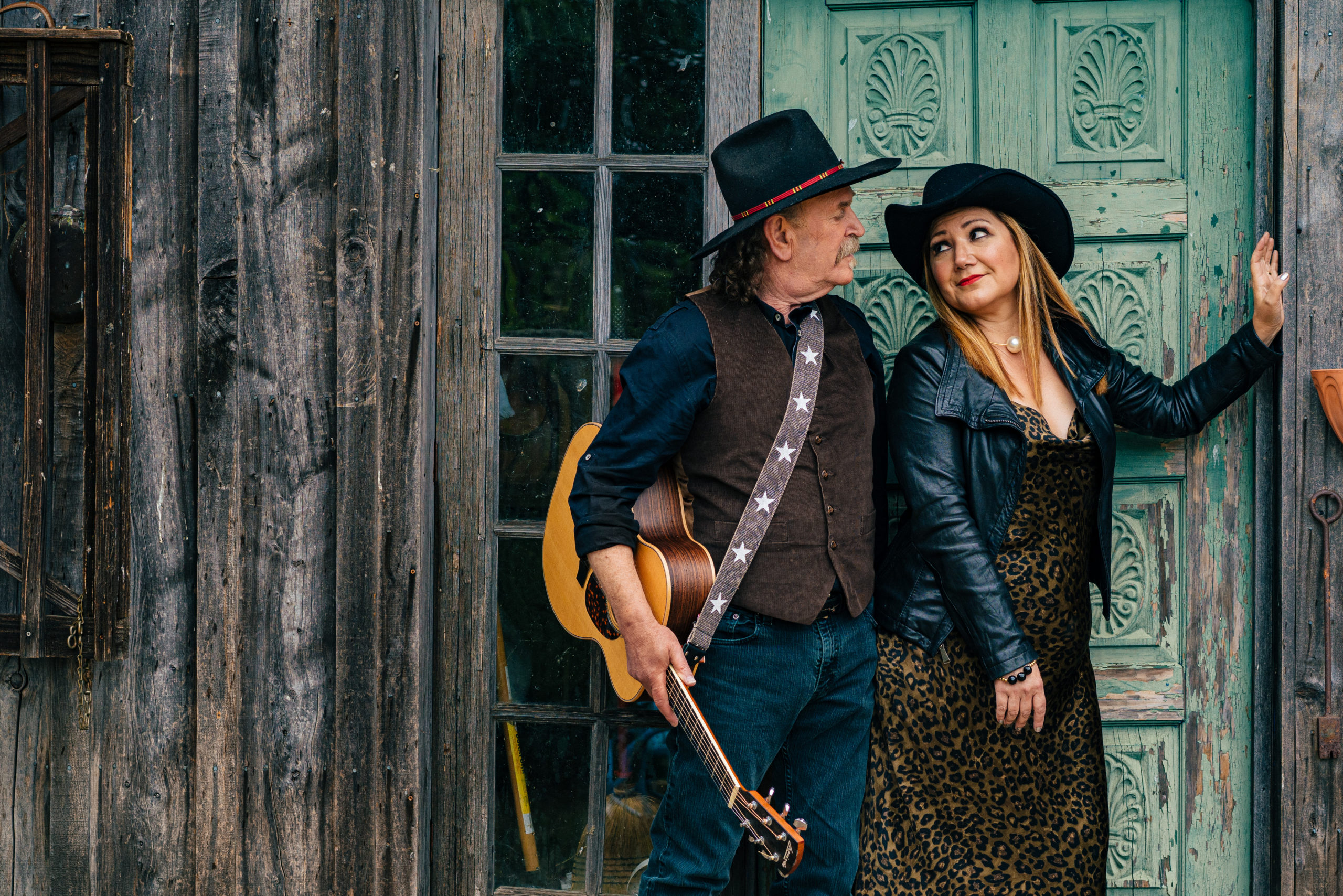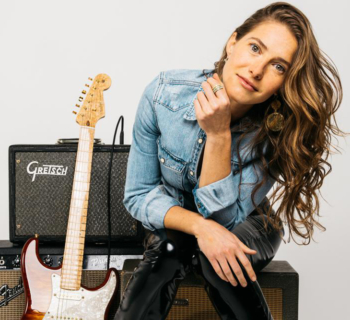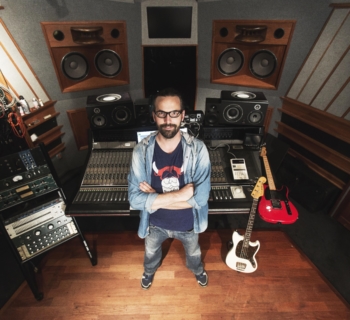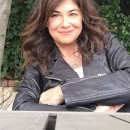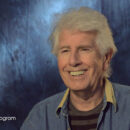Born and educated in Rome, the composer, producer and engineer Max Di Carlo picked up the guitar as a kid and has kept it close at hand ever since. In his late teens, he enrolled in Italy’s famed National Academy of St. Cecilia, earned his degree in orchestration and composition and went on to work for a decade in classical music. In the ‘80s, Di Carlo surrendered to the persuasion of pop and the first hit song he penned in that genre—Gary Low’s 1983 “I Want You”—charted in several countries. Now he composes and produces largely for film and lives in Calabasas, CA. Artists he’s worked with include Brazilian singer, Xuxa, and a pair of Johns: Elton and Olivia Newton. He spent many years composing and producing in the pop world, but returned to classical roots in 2004.
In recent weeks and months, Di Carlo collaborated remotely with the Budapest Symphony and Prague Philharmonic Orchestras. As in nearly all things, remote recording comes with its joys and frustrations. “One of the advantages,” he says, “is that if you work with an orchestra [in Los Angeles], it will cost you something like $24,000 for a thirty-minute session. In Budapest, the same only costs around $1,200. But the big challenge is mixing. The rooms [in European studios] aren’t like the ones in L.A. The sound is a little muffled and not as bright as it is here. Hollywood studios have that famous sound that we’re used to. The good news is that the European musicians are great. Also, if I’m doing, say, an Italian or English movie, a $300,000 soundtrack won’t be in the budget.”
As a seasoned producer, often his biggest challenge is when he works with others in the same field who don’t always share or grasp his vision fully. “My sensitivity never married well with these people,” he admits. “Even with pop music, sometimes I’d go into the studio and the engineer was taking [a song] in a completely different way [than he’d intended]. That was a huge frustration for me. Transmitting my emotion to them was always hard. I have found engineers who get my taste, but even we still fight.”
Unlike composing for pop or rock where there are usually just a handful of instruments involved—guitar, bass and drums, primarily—classical and film scores will often employ upward of 80. “Sometimes you need full brass and woodwinds,” Di Carlo asserts. “It’s not because I like to make big music, but sometimes scenes require the push or power at the end.”
Di Carlo spent ten years studying composition formally, but feels that he gained at least as much if not more insight and experience simply by working alongside legendary Italian composer Ennio Morricone. “He didn’t know that I was grabbing a lot of secrets just by being in the studio,” the producer observes. “In other words, I was listening very carefully. Those kinds of lessons are so important in the life of a would-be composer, maybe even more than 10 years of conservatory. If I ever teach, I’ll seat students in a studio with a composer for a year and tell them to observe and absorb without talking.”
Contact Ed Cohen - Rock Garden Conspiracy, [email protected]; soundcloud.com/max-di-carlo-1

